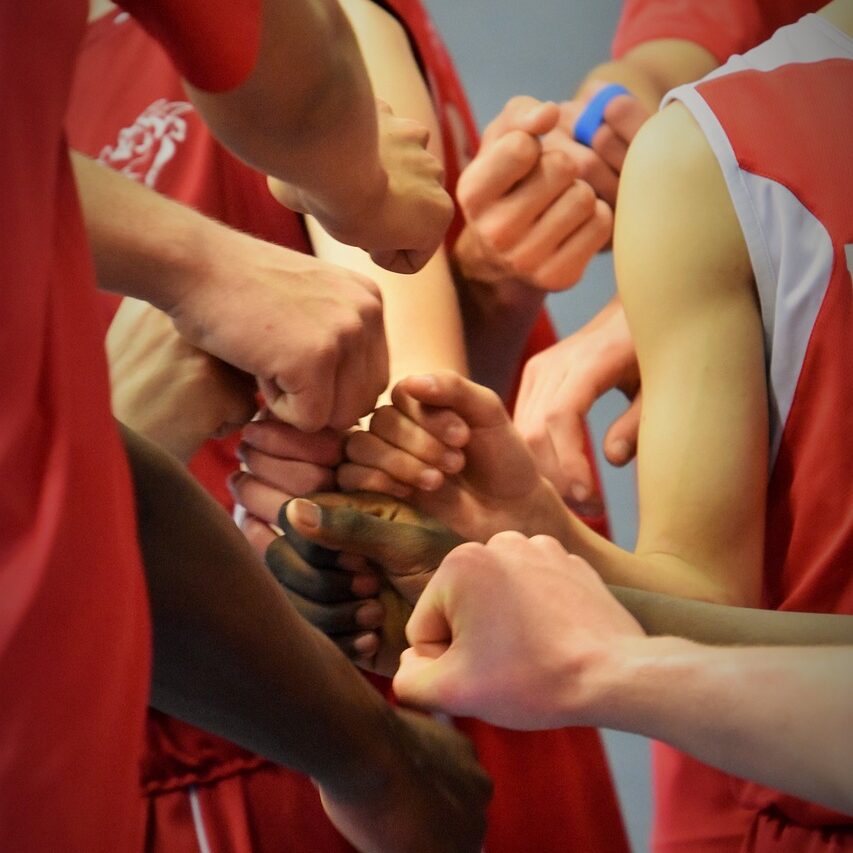Offseason Skill Development for Basketball

The offseason provides a golden opportunity for basketball players to hone their skills, improve their physical conditioning, and gain a competitive edge for the next season. While the absence of regular games might suggest a period of rest, the offseason is actually the perfect time to focus on individual development. Here’s a comprehensive guide to making the most of your offseason training.
1. Set Clear Goals
Before diving into any training regimen, it’s crucial to set specific, measurable, attainable, relevant, and time-bound (SMART) goals. Whether it’s improving your shooting accuracy, enhancing your dribbling skills, or increasing your vertical jump, having clear objectives will help you stay focused and motivated.
2. Develop a Comprehensive Training Plan
A well-rounded training plan should address multiple aspects of your game, including:
- Skill Development: Focus on fundamental skills such as shooting, dribbling, passing, and defense. Break down each skill into smaller components and practice them regularly. For example, work on your shooting form, then move to catch-and-shoot scenarios, and finally to shooting off the dribble.
- Physical Conditioning: Basketball requires a blend of strength, speed, agility, and endurance. Incorporate a mix of cardiovascular exercises, strength training, and plyometrics into your routine. Interval training and circuit workouts can help improve both your aerobic and anaerobic fitness.
- Basketball IQ: Understanding the game is just as important as physical prowess. Watch game footage, study plays, and learn about different strategies and defensive schemes. This will help you make smarter decisions on the court.
3. Focus on Shooting
Shooting is one of the most critical skills in basketball, and it’s an area where consistent practice can lead to significant improvements. Here are some tips for offseason shooting practice:
- Form Shooting: Start each session with form shooting close to the basket to reinforce proper mechanics.
- Repetition: Aim for a high volume of shots from various spots on the court. Track your progress to identify areas for improvement.
- Game-like Scenarios: Practice shooting in different situations—off the dribble, coming off screens, and under defensive pressure.
4. Enhance Your Ball Handling
Effective ball handling allows you to navigate through defenses and create scoring opportunities. Dedicate time each day to dribbling drills, focusing on:
- Control: Use both hands and vary the height and speed of your dribbles.
- Moves: Master different dribbling moves such as crossovers, behind-the-back, and spin moves.
- Decision Making: Practice dribbling while keeping your head up to improve your court vision.
5. Strength and Conditioning
Building a stronger, more resilient body will enhance your performance and reduce the risk of injury. Key components include:
- Strength Training: Focus on compound movements like squats, deadlifts, and bench presses to build overall strength. Don’t neglect your core, as it plays a vital role in stability and power.
- Plyometrics: Exercises like box jumps, bounding, and lateral hops improve explosive power and agility.
- Flexibility and Mobility: Incorporate stretching and mobility work to maintain flexibility and prevent injuries.
6. Mental Training
Mental toughness and focus can set you apart from your peers. Incorporate mental training into your offseason routine:
- Visualization: Spend time visualizing successful plays and scenarios. This mental rehearsal can enhance your confidence and performance.
- Mindfulness and Relaxation: Techniques such as meditation and deep breathing can help you stay calm under pressure.
7. Play Pickup Games
While structured training is essential, playing pickup games can simulate real-game conditions and help you apply what you’ve practiced. Look for opportunities to play against diverse opponents to challenge yourself and adapt to different styles of play.
8. Rest and Recovery
Finally, remember that rest is a crucial component of any training program. Allow your body to recover with adequate sleep, nutrition, and rest days. Overtraining can lead to injuries and burnout, so listen to your body and adjust your training intensity as needed.
Conclusion
The offseason is a time to lay the foundation for future success. By setting clear goals, following a comprehensive training plan, and balancing skill development with physical conditioning and mental training, you can elevate your game to new heights. Remember, the work you put in during the offseason will pay off when you step back onto the court. Stay committed, stay focused, and watch your hard work translate into improved performance next season.